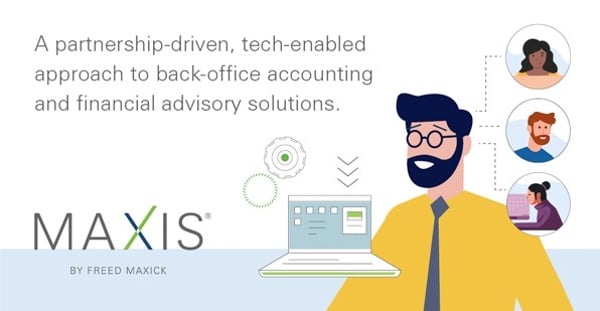Nonprofit Internal Controls Bolster Prevention
Whether an international corporation or a local not-for-profit, fraud is a serious threat with significant consequences. When it occurs, fraud can discredit your organization by impacting your revenue, damaging your reputation, straining relationships with donors and funders, compromising mission-critical programing, as well as decreasing staff morale.
Not-for-profits are more susceptible to fraud because of their (generally smaller) size, limited resources, fewer formal processes and procedures, less oversight, and antiquated systems. The costs of fraud recovery and business continuity can become exorbitant, with the added expenses of legal counsel and outside accounting assistance necessary to determine the impact to the organization. These costs don’t even include the damage to the organization’s reputation which can have both monetary and non-monetary consequences.
Fraud Prevention is the Best Approach for Not-for-Profits
Internal controls are the processes used by an organization’s finance and accounting department to “ensure the integrity of financial reporting and regulatory compliance” and “help companies to comply with laws and regulations, and prevent fraud.” (Investopedia) They serve as transparent checks and balances to reduce the risks associated with financial mismanagement.
In its biannual Occupational Fraud 2022: A Report to the Nations, the Association of Certified Fraud Examiners, Inc. (ACFE) reported that the median loss to not-for-profits was $60,000. The most common underlying factor for nonprofit fraud was a lack of internal controls.
Internal controls don’t have to be costly or time-consuming. But effective anti-fraud measures are necessary and should include:
- Creating a Code of Ethics
- Clearly defined roles with a job description, establishing expectations
- Implementing a segregation of duties policy that clearly identifies responsibilities
- Requiring two signatures on checks
- Requiring advance approval for expenditures
- Performing frequent bank reconciliations
- Locking of doors or offices to prevent unauthorized entry
- Acquiring a not-for-profit specific software
- Instituting a password protocol for all employees
- Adoption of the cloud to securely house all documents and financial records
- Conducting periodic or surprise audits of the checking account
- Conducting formal fraud risk assessments
- Implementing personnel policies, including background checks on positions with access to handle money or confidential information (accounting, HR, etc.)
- Establishing a whistle-blower hotline or method for reporting fraudulent activity
What is the Role of the Not-for-Profit Board in Fraud Prevention?
Is board oversight of nonprofit internal controls really necessary? It is when you consider the fact that the board has an obligation to protect the integrity of the organization. And each member has a fiduciary duty to the organization and its stakeholders. This includes legal, financial, and governance responsibilities on the organization’s behalf.
Board members and officers should require organizations to develop and enforce nonprofit internal controls making them an official and ongoing, consistent process. By promoting, empowering, and monitoring a culture of legal, ethical, and moral accountability, boards enforce the practices that protect the integrity of the organization and its assets.
The MAXIS® Internal Controls Solution for Nonprofits
MAXIS® by Freed Maxick is a high-tech outsourced accounting solution that automates processes and creates a strong internal control environment. Because it’s cloud-based, it has better reliability, timeliness, and security. Outsourcing the accounting function enables proper segregation of duties and adds an outside layer of responsibility and oversight that provides a welcome peace of mind.
Accounting automation reduces the likelihood that errors and/or fraud are occurring. This probability remains significantly higher with manual processing and limited segregation of duties. Automating protects the organization by monitoring transactions and providing process KPIs in custom dashboards that alert you when something is amiss. Cloud-based tools have better reliability, timeliness, accessibility, and security. The technology is updated frequently to ensure seamless continuity of business with faster data recovery.
MAXIS® helps to deter, detect, and mitigate not-for-profit fraud. How can MAXIS® work for you to improve your nonprofit internal controls? Schedule a complimentary consultation with Holly Hejmowski, Director of Assurance and Advisory Practice, at Holly.Hejmowski@freedmaxick.com.


